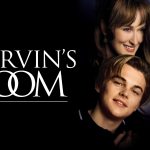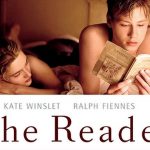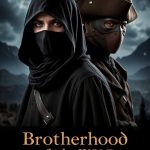Lost in Translation (2003)
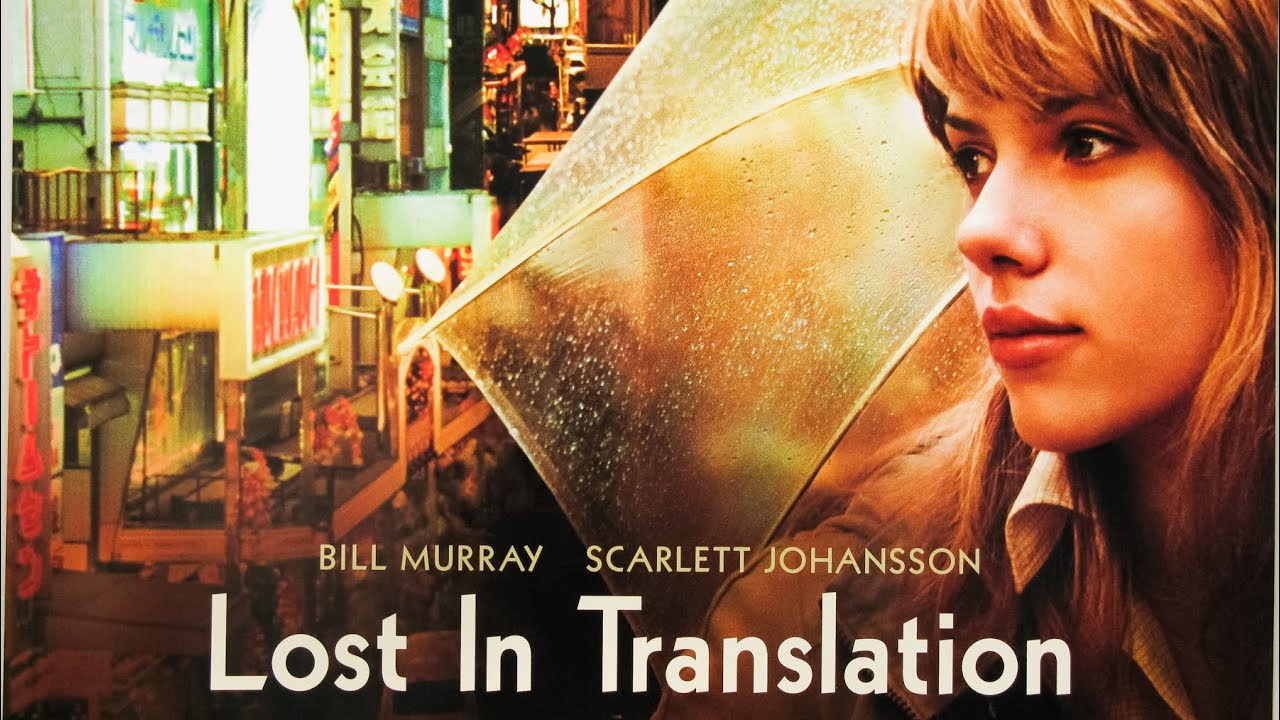
Lost in Translation is a 2003 comedy-drama film written and directed by Sofia Coppola, marking her second feature film after The Virgin Suicides. The movie tells the story of two strangers, an aging American actor and a young woman, who meet in Tokyo and form a deep connection while grappling with their feelings of isolation and cultural disorientation. With outstanding performances from Bill Murray and Scarlett Johansson, Lost in Translation explores themes of loneliness, identity, and human connection, all set against the vibrant yet disorienting backdrop of a foreign city.
The film follows Bob Harris (Bill Murray), a washed-up actor who is in Tokyo to shoot a whiskey commercial. There, he meets Charlotte (Scarlett Johansson), a young woman who is also in the city while her husband, a busy photographer, works. Both characters are dealing with feelings of alienation and dissatisfaction in their lives. Bob, struggling with a mid-life crisis, finds himself disconnected from his wife and children, while Charlotte, recently married, feels lost in her marriage and uncertain about her future. The film focuses on their evolving friendship as they navigate their emotional and cultural isolation in a foreign land.
Bill Murray delivers a standout performance as Bob Harris, capturing the character’s emotional depth and vulnerability with his signature dry humor and understated delivery. Murray’s portrayal of a man quietly wrestling with a sense of purposelessness and loneliness resonates deeply, providing a perfect balance of comedic and poignant moments. Scarlett Johansson, as Charlotte, plays a young woman who is equally adrift and unsure of her place in the world. Johansson’s performance is subtle and introspective, perfectly complementing Murray’s portrayal, and the chemistry between the two is one of the film’s key strengths.
A major theme in Lost in Translation is the idea of cultural dislocation. Both Bob and Charlotte are in a city that is vastly different from their own, and much of the film’s charm comes from their interactions with the foreign culture around them. The language barrier, the confusion of navigating a different world, and the sense of not quite fitting in add to the emotional isolation they feel. Yet, in each other, they find someone who understands their experience of being out of place, making their connection all the more meaningful.
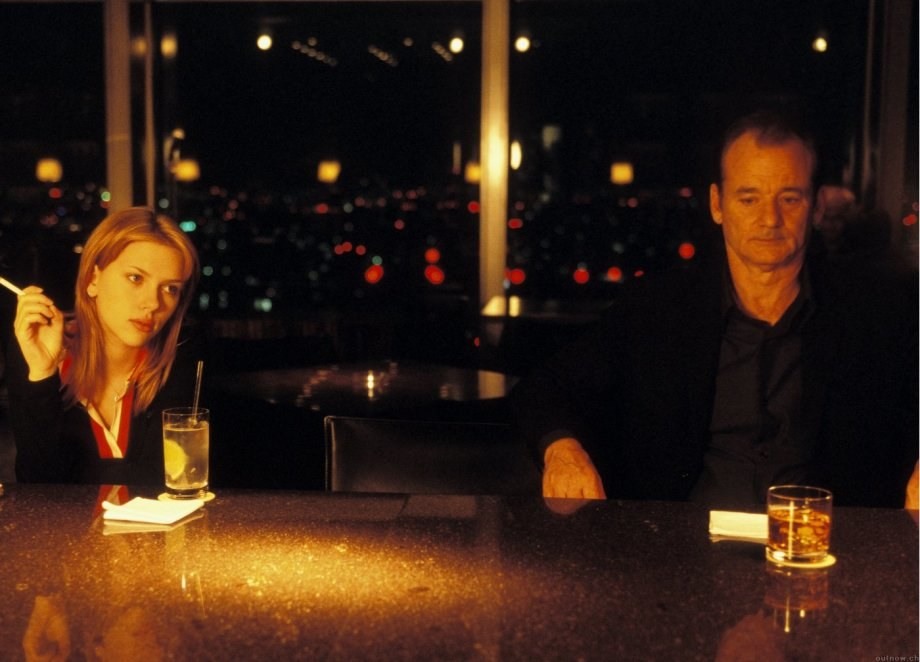
The film is visually stunning, with Coppola’s direction and Lance Acord’s cinematography creating a vivid portrait of Tokyo. The bustling city is depicted as both mesmerizing and overwhelming, reflecting the emotional journey of the characters. The contrast between the bright neon lights of the city and the quiet, intimate moments shared between Bob and Charlotte creates a powerful juxtaposition, highlighting the isolation they feel in such a large, foreign environment. The use of color and composition in the shots further enhances the film’s themes of disconnection and personal reflection.
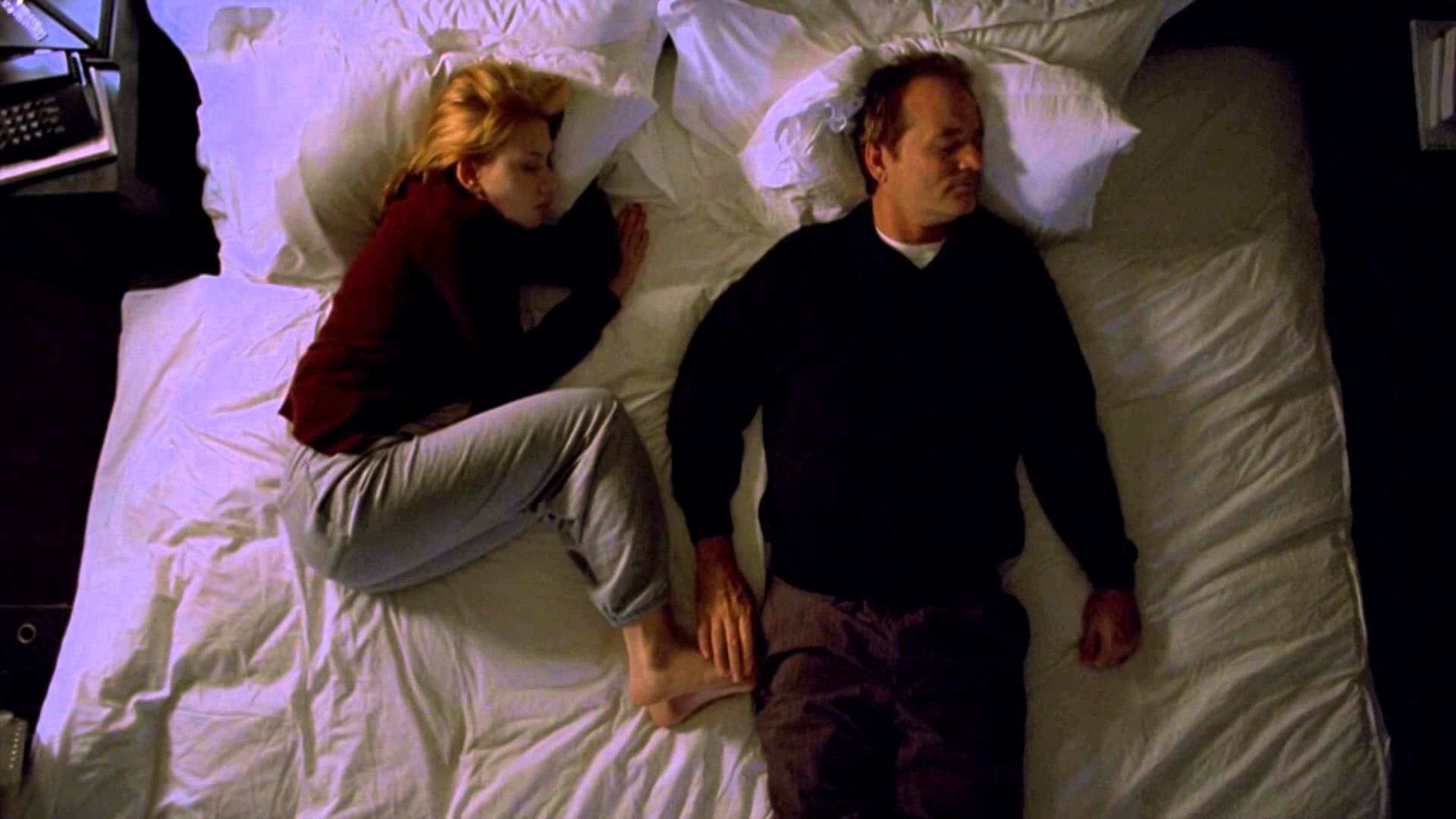
The soundtrack of Lost in Translation also plays an important role in setting the mood and enhancing the emotional atmosphere. The music, which features a mix of ambient and indie rock songs, complements the film’s introspective tone. The slow, haunting melodies capture the feelings of loneliness and longing experienced by the characters, while the upbeat tracks inject moments of levity and hope. The soundtrack is integral to the film’s emotional impact and adds to its reflective quality.
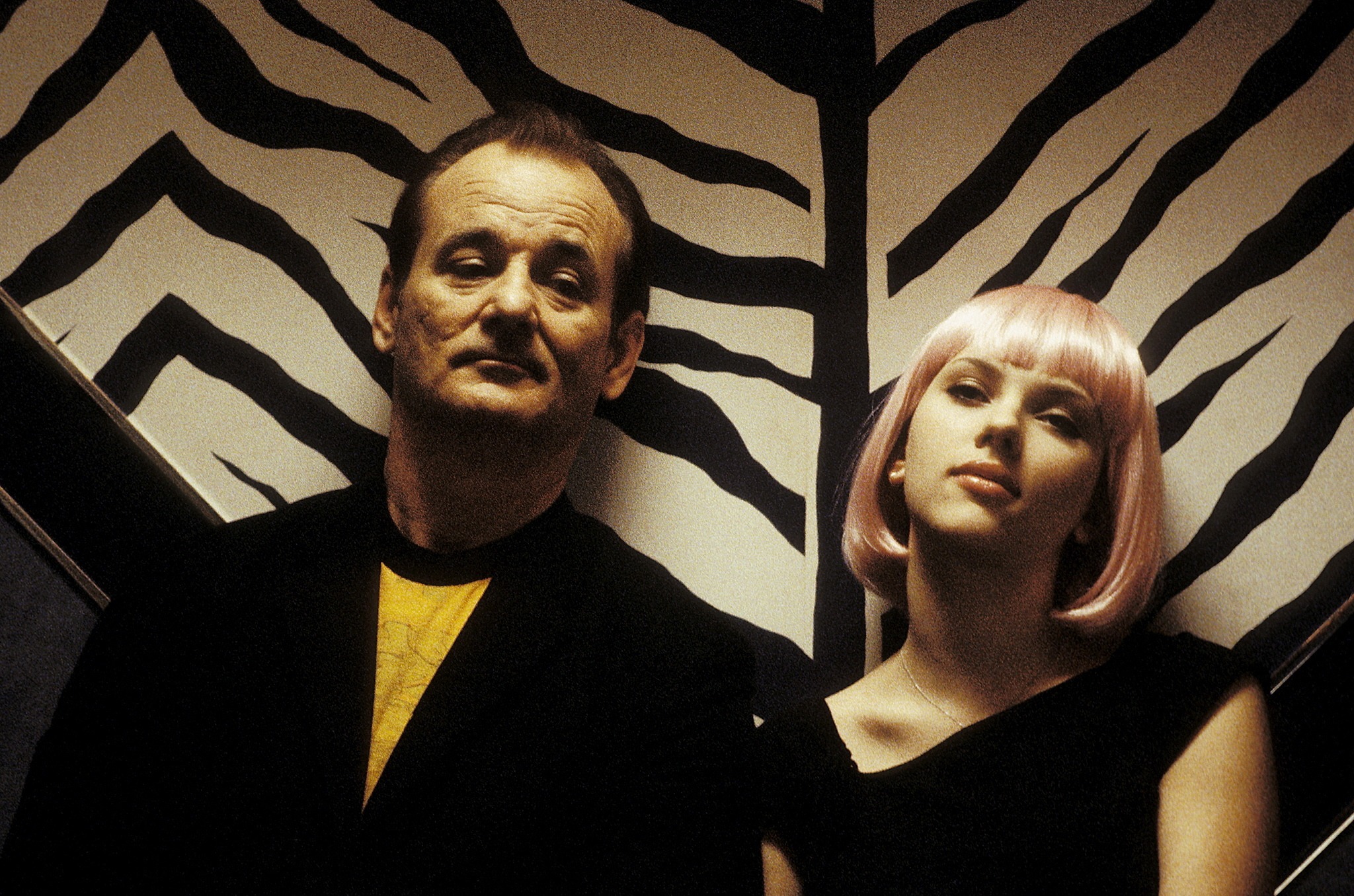
In conclusion, Lost in Translation is a beautifully crafted film that explores the complexities of human connection, loneliness, and self-discovery. With exceptional performances from Bill Murray and Scarlett Johansson, Sofia Coppola’s direction, and the film’s atmospheric visuals and soundtrack, it stands as a poignant meditation on the disorienting nature of life and the bonds that can form in unexpected places. Lost in Translation remains a timeless and deeply resonant film that speaks to anyone who has ever felt lost or disconnected, making it one of the most beloved films of the early 2000s.





